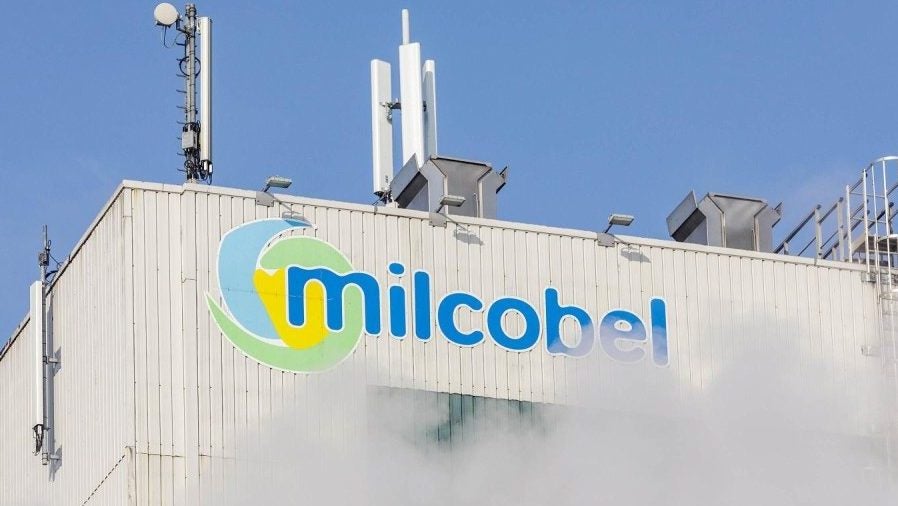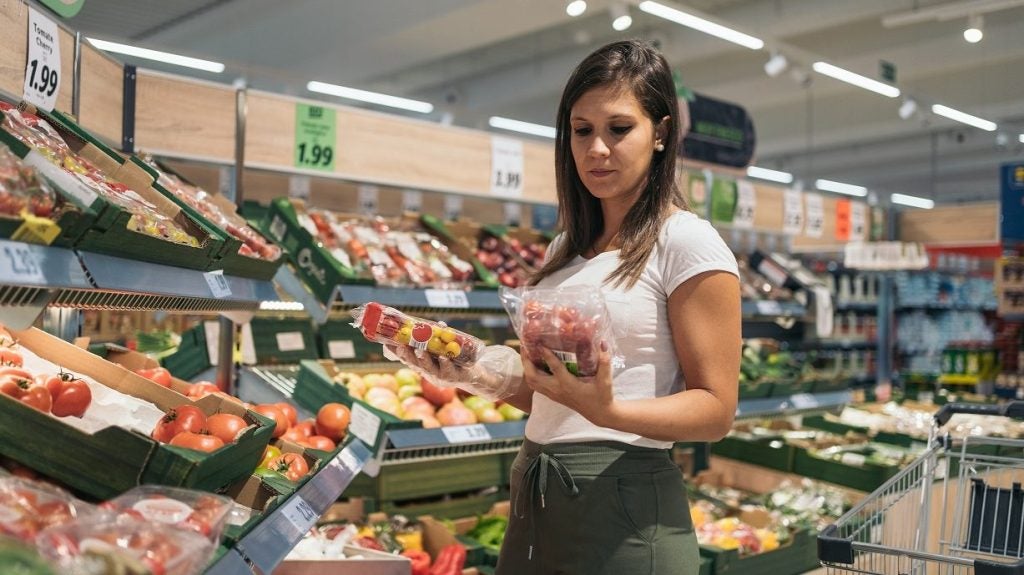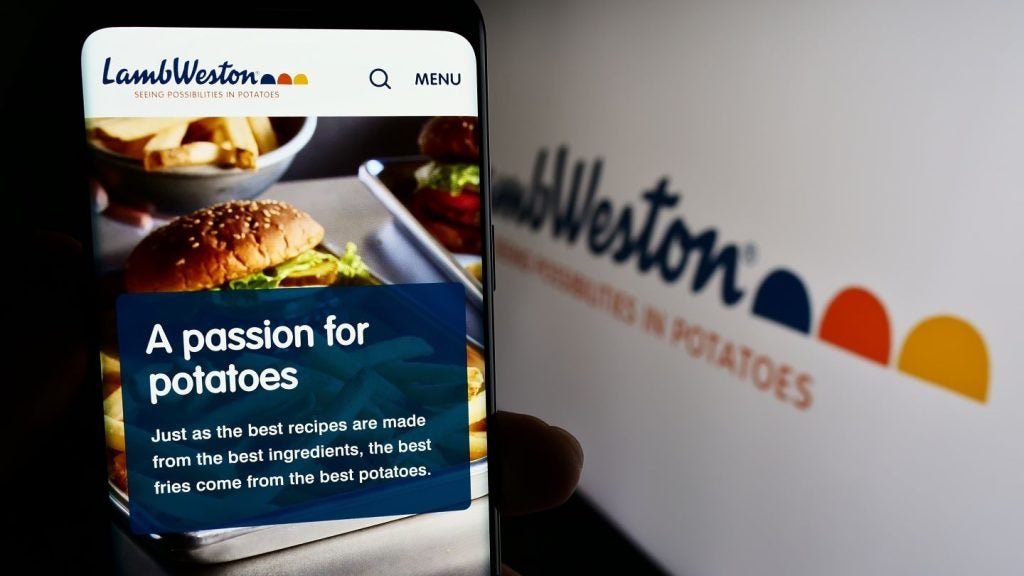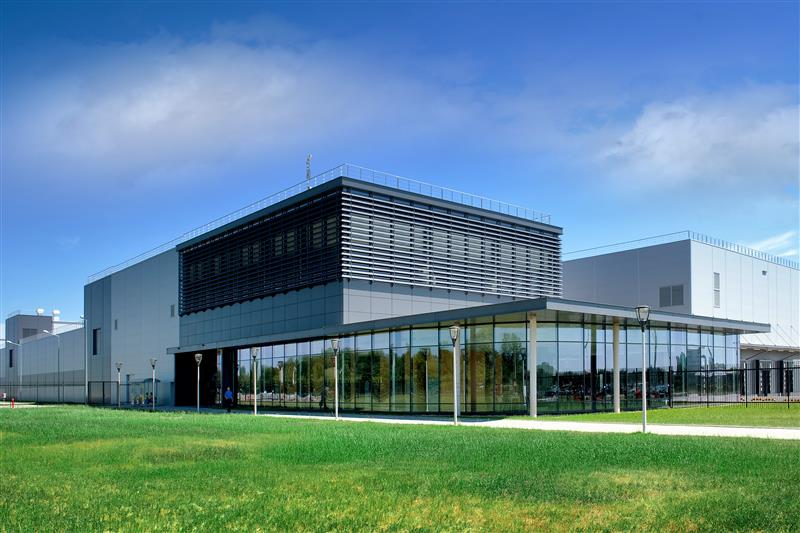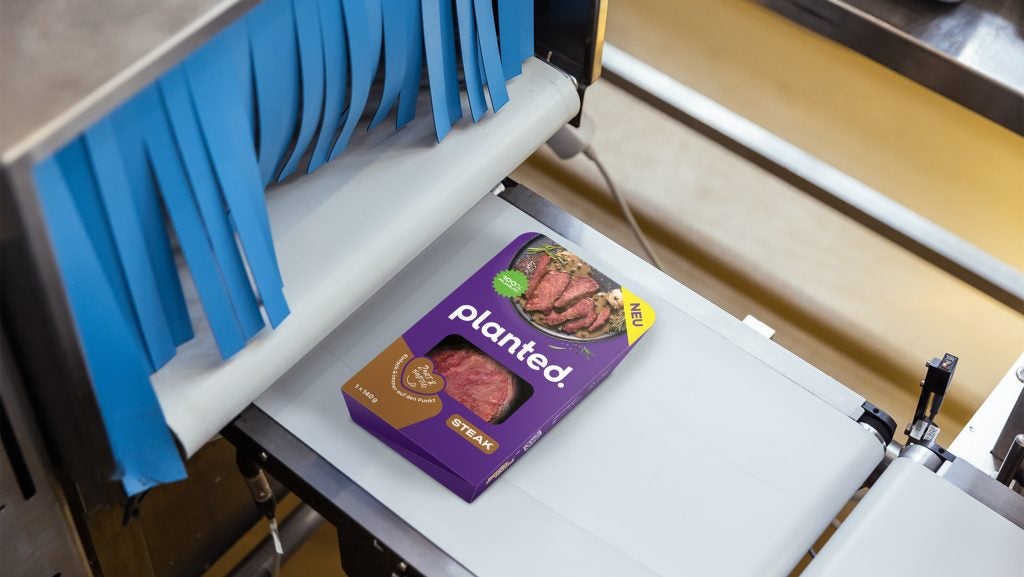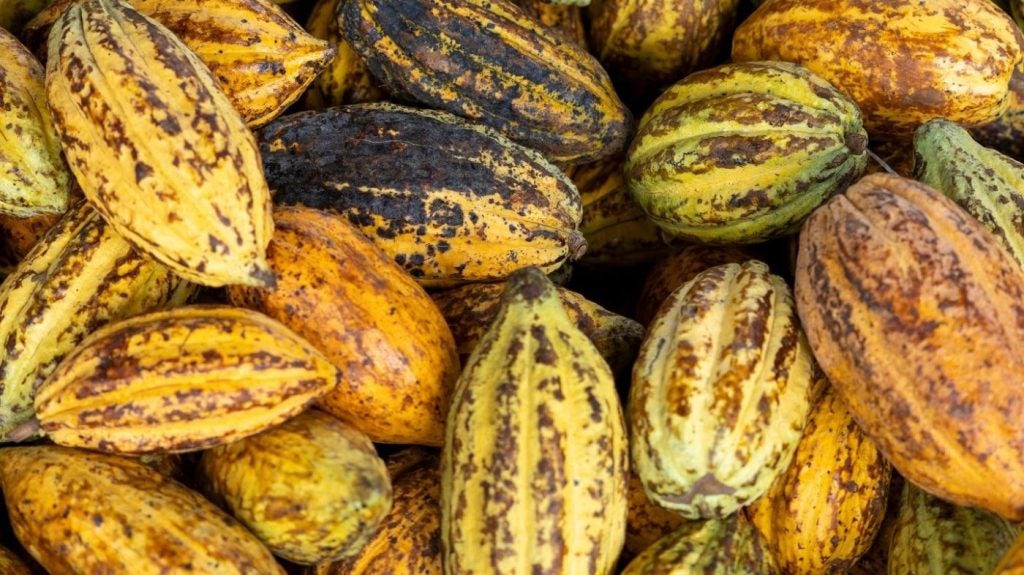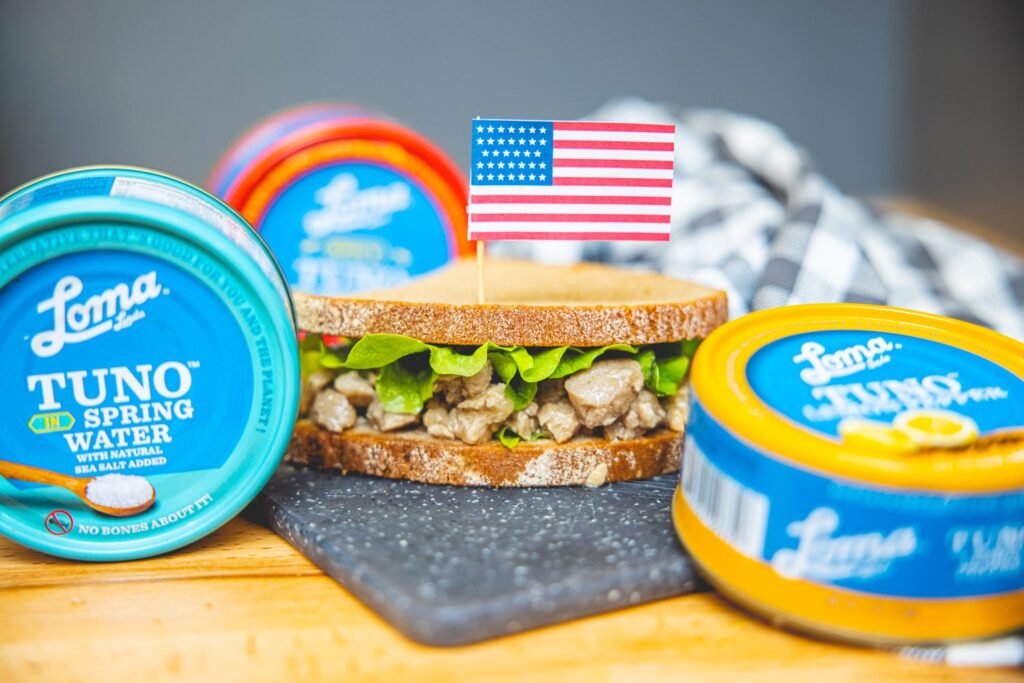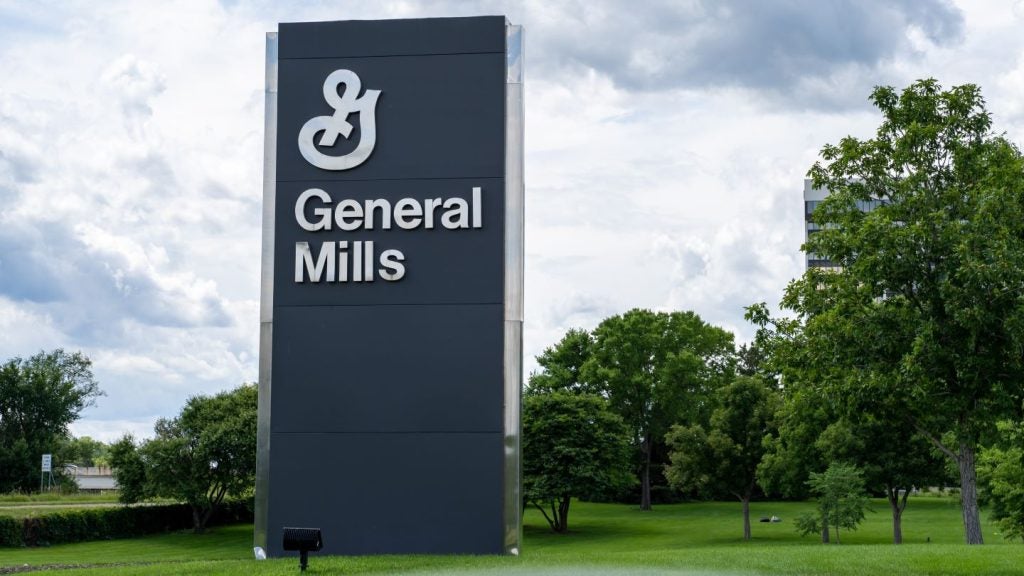It’s not uncommon for the last days of a calendar year to see a flurry of M&A deals and the run-up to this Christmas has proved no exception – but it’s in dairy where we’ve seen perhaps the most notable transaction of recent weeks.
On Wednesday (18 December), Benelux dairy groups FrieslandCampina and Milcobel set out plans to merge next year.
While the deal has been described as a merger of the two cooperatives, FrieslandCampina is far bigger and would account for the vast majority of the combined group’s €14bn ($14.69bn) annual revenues.
But that’s not the only reason why FrieslandCampina should be front and centre when considering the rationale for this combination. The company – ranked the eighth-largest dairy group worldwide – has had a couple of challenging years (and that’s putting it mildly), so it shouldn’t be much of a surprise to see the Dutch dairy giant turn to M&A to improve its fortunes.
FrieslandCampina ran up a loss of €149m in 2023, with operating profit down more than 84%. Revenues slid 7%. Last December saw the co-op announce plans to cut more than 1,800 jobs.
In the first half of 2024, FrieslandCampina reported an improvement in its profitability (from that significantly lower base) but still saw revenues fall year-on-year, albeit not as steeply as in 2023.
Last month, the company said it would axe another 180 roles on top of the cuts set out a year ago amid changes to production in the Netherlands.
“The combination of FrieslandCampina and Milcobel is bigger than the sum of its parts,” Sybren Attema, the chair of FrieslandCampina’s board, said yesterday.
Just Food asked FrieslandCampina if the merger is likely to lead to any rationalisation of jobs or facilities. “It is too early to give a statement about that,” a spokesperson said.
A Milcobel spokesperson was more direct. “No, that is not the intention of the merger,” they said. “Both parties have expressed that the business case of this merger is not built on the closure of locations. Instead, we have the intention to grow together.”
Both companies believe they will be stronger together and better able to compete in what Attema calls a “dynamic global dairy market”.
We’ve been here before, of course. Wednesday marked almost 16 years to the day since the EU gave the green light to the merger between two Dutch dairy groups – Friesland Foods and Campina – that gave birth to FrieslandCampina itself.
The reasons for that deal all those years ago were a little different but consolidation in the dairy sector is nothing new and the maturing of Europe's dairy market into a low-growth industry means it's little surprise FrieslandCampina is again turning to M&A to shore up its position.
Two years ago, the company was reported in the Netherlands to have discussed a possible combination with European rival Arla Foods. At the time, a spokesperson for Arla described the report as “completely false” and “100% inaccurate”.
But FrieslandCampina and Milcobel are now preparing to convince their co-op members about the merits of a deal that has been agreed.
The transaction, which needs the approval of both co-ops’ member farmers and of competition officials, underlines how challenging operating in Europe’s dairy market can be amid shrinking milk volumes, especially in the west of the continent. Milcobel, too, was loss-making in 2023.
"After a decade of growth, milk production in northwestern Europe is set to structurally decline, impacting dairy companies’ operational and financial performance," Rabobank analyst Richard Scheper wrote in a research report earlier this year.
Production is expected to be hit by constraints on labour, more extreme weather and impending regulation, particularly environmental rules, Scheper said.
"Dairy companies face a range of challenges due to structurally declining milk volumes, which impact their operational and financial performance. These challenges begin with revenue losses and reduced cost efficiency, are followed by increased competition for milk, and culminate in the capital implications of excess processing capacity on the balance sheet. For dairy cooperatives, the challenges are even more complex, as lower milk intake generally coincides with members withdrawing capital," he explained.
Earlier this month, Belgian dairy businesses Vache Bleue Group and Flanders Food Production (FFP) announced their own merger. A new business, European Dairy Company, has been formed as a result and it will have a combined annual turnover of around €500m ($526.2m).
Dairy consumption, particularly in western Europe, is not expected to grow solidly (if it all), so we should expect more deals.


